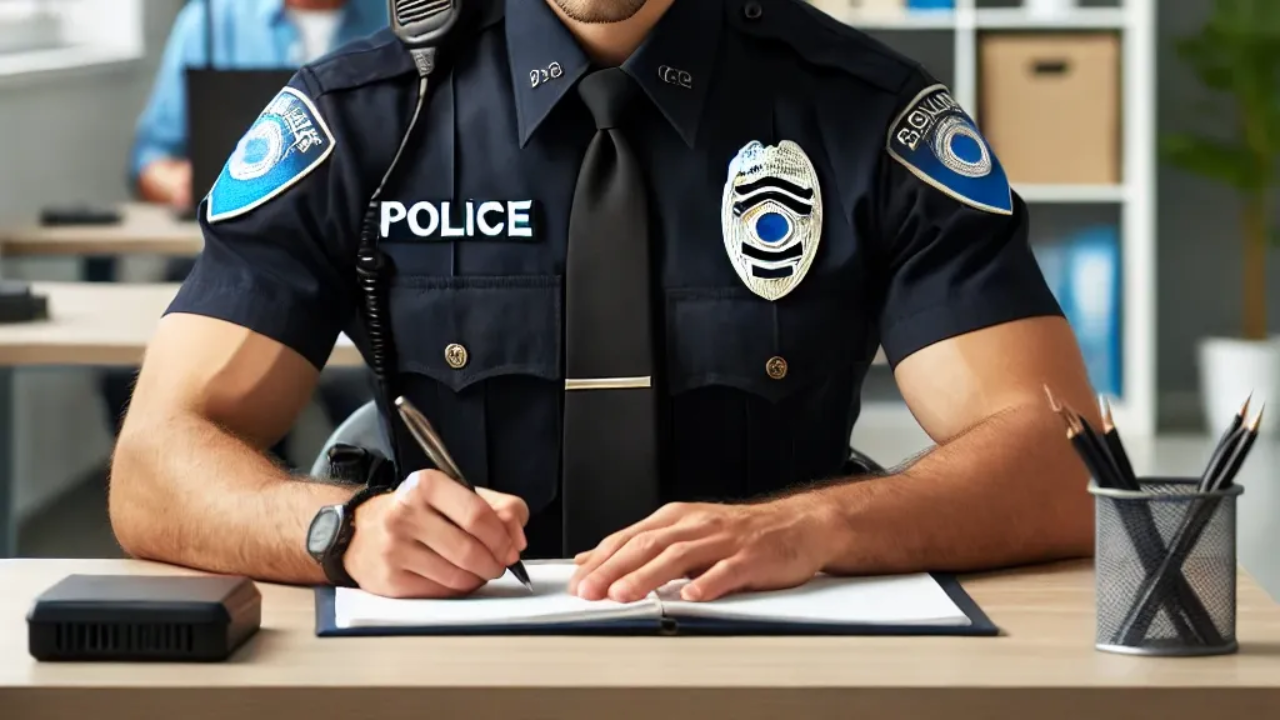
Your report isn’t just paperwork—it’s a permanent record, a courtroom tool, and often the first impression a prosecutor or judge will have of you. That’s why report writing in the police academy is treated like a mission-critical skill. When done right, a police report tells the full story clearly, accurately, and professionally.
1. Get the Facts Straight First
A good report starts with a clear timeline of what happened, when, and who was involved. It’s not the place for opinions—it’s all about the facts.
Tip: Take detailed notes immediately after every scenario or incident. Use names, times, quotes, and specific actions.
2. Clarity Beats Creativity
Flowery language and fancy words don’t belong in police reports. You’re not writing a novel—you’re writing for clarity, consistency, and court.
Tip: Use short, direct sentences. Stick to subject-verb-object structure and avoid jargon unless required by policy.
3. Organize Like a Story
Every report has a beginning (how you got involved), middle (what happened), and end (what you did). If it’s disorganized, it’s hard to follow.
Tip: Use chronological order, and separate different parts of the report with clear headers like “Initial Contact,” “Statements,” and “Actions Taken.”
4. Proofread Before You Submit
Typos, missing details, and unclear wording weaken your credibility. A sloppy report makes you look unprofessional—even if your actions were solid.
Tip: Always reread your report out loud before submitting it. Listen for awkward phrasing and missing facts.
5. Practice, Practice, Practice
Just like defensive tactics or firearms, report writing is a skill that improves with repetition. The more you write, the more fluent and effective you’ll become.
Tip: Ask for feedback from instructors or experienced officers. Revise sample reports and learn from real-world examples.
Final Thoughts
Excelling in report writing training means becoming a clear communicator, careful observer, and trusted professional. Officers who master this skill don’t just document what happened—they tell the truth in a way that stands up under scrutiny.
For more law enforcement training tips, visit www.armoganct.com.
Best,
Barbara
Armogan Training Team
Police Candidate Getting Started Workshop
Learn about every phase of the hiring process!!!
-Plus hidden BONUSES!!!
We hate SPAM. We will never sell your information, for any reason.
